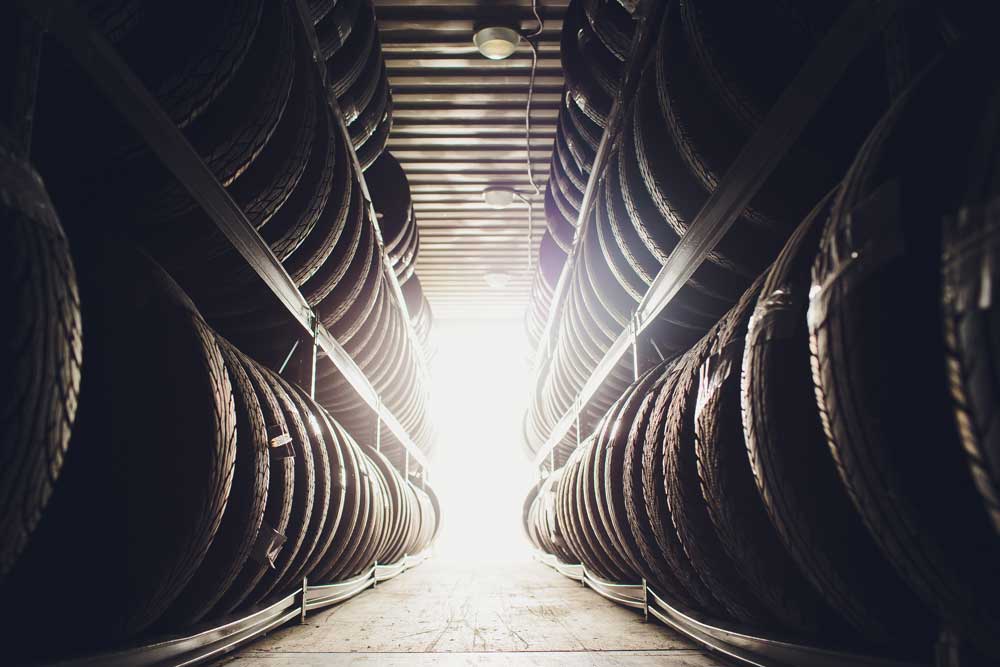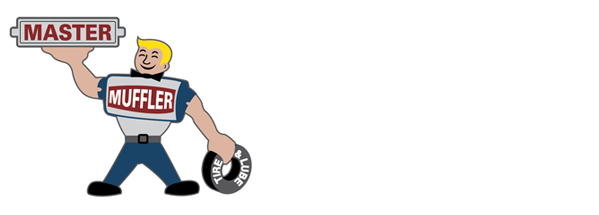Sometimes you get what you pay for.
Inexpensive doesn’t always mean lower quality. Some tire brands have less expensive options that carry the same rigorous safety ratings as the more expensive parent company. Typically, a well-known brand has a mid-range priced tire that is suitable quality and offers the necessary performance for the average driver.
The Difference Between Cheap and Quality Tires
A recent Consumer Reports study found that an unauthorized, Chinese-produced Pegasus Advanta SUV tire ($95) costs about half what a Michelin LTX M/S2 costs. However, the Michelin tire has been proven to last three times longer. That means you would have to buy the Pegasus tires three times to last as long as the Michelins, which defeats the purpose of trying to save money in the first place.
Tire Ratings in the United States
Did you know not all tires are created equal? It makes sense since some tires need to do different jobs than others. But, what’s the right rating for you?
Temperature
Tire temperature ratings are A, B, and C. Each refers to a tire’s ability to withstand the heat generated by traveling at certain speeds.
- A – Heat from speeds 115+ mph
- B – Heat from speeds between 100 and 115mph
- C – Heat from speeds between 85 and 100mph
If a tire cannot be rated at least C or above, it isn’t permitted to be sold in the U.S.
Treadwear
Under controlled conditions, the wear of a tire’s treads is graded for estimated mileage.
Although grades can suggest the lifespan of a tire, the National Highway Traffic Safety Administration (NHTSA) states that “…treadwear grades are no guarantee of actual tire mileage; differences in driving habits, service practices, climate, and road characteristics will affect a tire’s longevity.”
Common auto repair we see is related to tires that have been worn bald, and have affected the overall performance and safety of the vehicle. Just because your tires are rated for “x” amount of miles doesn’t mean you can definitely get “x” amount of miles out of them! Be sure you’re visually inspecting your treads to see how they’re faring.
Traction
Traction is a tire’s ability to handle starting, driving, and stopping on wet asphalt or concrete roads. Traction is graded from AA to C, and the rating is based on the test tire’s performance at 40mph while towed by a truck that is wetting the ground in front of the test tire. At one point, the test tire’s brakes are implemented and both the longitudinal and vertical forces of the tire are measured. This g force measurement earns the tire its rating from AA down to C.
- AA – Asphalt g force above 0.54 / Concrete g force 0.38
- A – Asphalt g force above 0.47 / Concrete g force 0.35
- B – Asphalt g force above 0.38 / Concrete g force 0.26
- C – Asphalt g force less than 0.38 / Concrete g force 0.26
All three of these factors are considered when pricing the tires. To find the right tires for the vehicle you drive, just open your driver’s side door. Usually, along with PSI (tire pressure) recommendations, you’ll find the tire size and rating information you need. If you don’t have a sticker inside your door well, refer to your owner’s manual or look online for your vehicle’s make and model. You can also stop into your local auto repair shop for a recommendation from an expert.
Ways to Save on Tires
Now that you know how and why tires are rated, what are some ways to save on the purchase of new tires? With a little bit of research, you can save significantly on purchase and/or installation.
Coupons or Price-Matching Offers
If the cost of new tires makes you wince, do some sleuthing for online coupons, or companies that price match their competitors. As long as it’s the same tire (brand and size), some businesses will match the retail price. Be sure to bring along proof of the advertised price for a smoother transaction.
Purchase with a Rebate
Sometimes a brand or dealer offers a rebate after the purchase of your tires. If you can afford to front the full cost of the tires you want, it can be worth it to get some savings after the fact. Keep your proof of purchase and follow the seller’s instructions for redeeming your rebate.
Rotate Tires Regularly
Our car repair experts offer visual inspections of your tires as well as rotation and alignment of new tires from brands you trust. Regular rotation and inspection of your tires can help them perform more efficiently, and reduce uneven wear on the treads. Plus, a visual inspection can catch a problem before it becomes more significant or dangerous.
Shop Around for Installation
Just because you purchased from a big-box store or a chain doesn’t mean they have to install your tires for you. Shop around and compare pricing at Costco vs Sam’s Club, Walmart vs Discount Tire, or your local Master Muffler. Be aware of what the cost to install entails; do they offer rotation and balancing, inflation, a warranty, or things like road hazard protection and flat repair?
Is It Okay to Purchase Cheap Tires?
Cheaper tires may help when you’re in a bind and need to replace bald tires on a budget. However, keep in mind that cheaply made tires can lead to more expensive issues in the future, such as an accident due to poorer performance. The last thing you want to add to your list is auto repair costs as well as new tires.
Cheap tires may be appealing at first, but when they wear quickly, you’ll end up replacing your tires more often. That negates any savings you thought you were initially getting. Additionally, poor-performing tires can affect your car’s mileage, and make your drive less comfortable. Are those really worth the tradeoff of saving a hundred bucks or so?
On the flip side, you don’t have to invest in the most expensive tires for everyday driving. Mid-range priced tires can offer the quality and safety of many higher-range tires, all while saving you a bit of cash.
If you have questions about tires that weren’t answered here, get in touch with the car repair team at Master Muffler.





